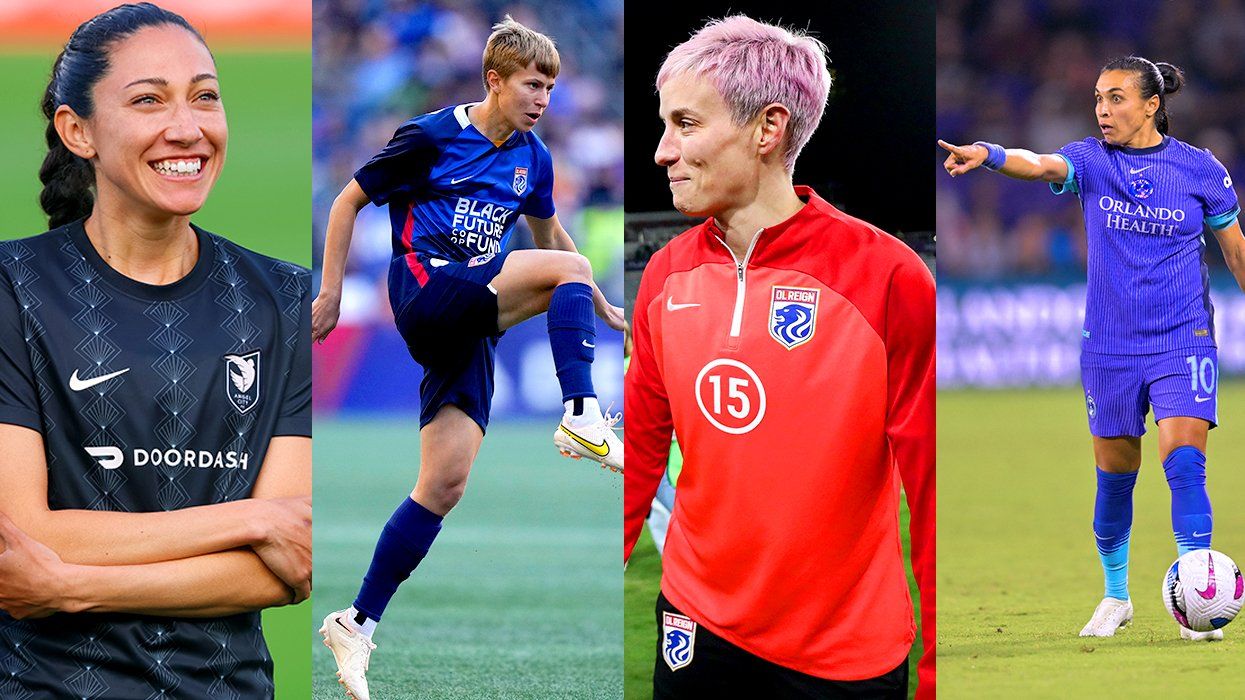In this week's finale to American Horror Story: Asylum, out actor Sarah Paulson proved once again she's got the chops to create compelling characters, like AHS' intrepid lesbian reporter Lana Winters, that keep our eyes glued to the screen. And since Paulson is already on board for the third season of Ryan Murphy's creep-tastic drama on FX, we can rest easy knowing there's more S.P. on our horizon.
But in the meantime, several media outlets caught up with the multitalented actress to discuss her process, her characters, and how unnerving it was to research 1950s-era ex-gay therapy for her role on this season of AHS.
If you haven't seen the season finale of American Horror Story yet, please note this SPOILER ALERT!
Paulson told the A.V. Club that she was dedicated to getting the facts straight, so to speak, about the kinds of treatment lesbians and gay men were subjected to when they were institutionalized for being gay. Check out these excerpts from A.V. Club's interview:
A.V. Club: This season has been about people like Lana; they want to make a story, but ultimately become the story. How do you seek out the arc of that character and keep her strong?
Sarah Paulson: Again, I really feel like I just took it from the script. I certainly don’t know that I would have been able to survive what Lana Winters went through and come out and write a book and try to live a life. I think that was a pretty amazing thing that she did. I think some of it she was able to do because she embraced the newfound fame and success and found a way to turn her back to the trauma and just face the light that was coming toward her. I thought it was really just all on the page.
The season also featured depictions of how homosexuality was treated in that time period, particularly in scenes featuring your character. Was that something you researched at all?
I did research it, a little bit. I researched more about the aversion-conversion therapy [in which someone tries to get a homosexual to associate unpleasant things with images they desire], but not extensively, because it was relatively new at the time, and I didn’t want to be well-versed in it. Because then I think that Lana would have said, “I’m not doing this, because I know what it is.” I didn’t want to be very well-read about it. But I certainly read about what it meant to be gay in that time. I did think about that, although my character was less terrified than my lover’s character on the show. Wendy was much more concerned, because she worked with young children. It was enough of a terror for her that she signed me away. I certainly read a lot about it, but it was always in my mind that Lana didn’t go around talking about it, but she wasn’t quite as secretive as Wendy was.
Working on this season, what have you learned or reconsidered or thought more deeply about in terms of mental illness and our treatment of it?
Oh, gosh, our treatment of it now is obviously vastly different than it was then. But aversion-conversion therapy is something that’s still practiced in certain parts of the world today, which to me is just absolutely horrifying.
In terms of mental illness, that’s an interesting question, although it’s not one that I thought about much, because my character didn’t suffer from mental illness. My character’s arc and the things I was really thinking about were what it would mean to be wrongfully imprisoned, to be held against your will, and have no recourse to do anything about it. I thought about what it meant to have power, versus what it meant to have none. I’m sure all those things could relate to the story and the history of mental illness and mental health facilities in our country. But given that so much of my story was about how to get out and how to survive being wrongfully taken, I can’t say that I’ve given… I learned a tremendous amount in terms of something I took away from it, certainly the story and place that we are depicting and the timeframe that we are depicting, it was just a horrible place. I mean, obviously! This just makes me sound like an idiot. But that question is something I can say honestly is not something I thought about directly. I learned more about what it meant for me, playing the character, about perseverance and hope and determination, more than anything, because that’s what I was dealing with directly.
Entertainment Weekly also caught up with the actress, and chatted about her increasingly — and unexpectedly — large role in this season.
Entertainment Weekly: This has been such a wild run for you and Lana’s arc. What did you think about Lana’s wrap-up?
Sarah Paulson: I thought it was amazing. It was more than I could have ever imagined. Part of the reason this part has been a part that I have loved playing almost more than anything I’ve ever done is very few times do you have a full trajectory and full story. I started as this intrepid reporter that was a little nosey and a little confident and really wanted to get her scoop. She gets held hostage at Briarcliff and given electric shock treatment and all because she’s gay. Then to only have her escape and be taken by the serial killer who rapes her and tortures her and kills her lover. And then only to have her get out and be an enormous success and have that fame rush. If there’s any person in the world who deserves to forget about what happened to her and embrace some giant fame ball, it’s Lana Winters. For her to be the last man standing and to have a whole story and all that stuff in the ‘70s, it was very moving.
It’s interesting think about the beginning of the show and see how Lana really became the focus of the series as it progressed and it’s really about her journey.
I knew up until aversion/conversion therapy. I didn’t know Zach was going to take me. I didn’t know anything like that was going to happen. Even up to the aversion/conversion therapy, I was like, this is the greatest thing I’m ever going to get to do and I didn’t know what was coming. There’s kist no doubt about it: I feel like I got the greatest part I’ve ever had.
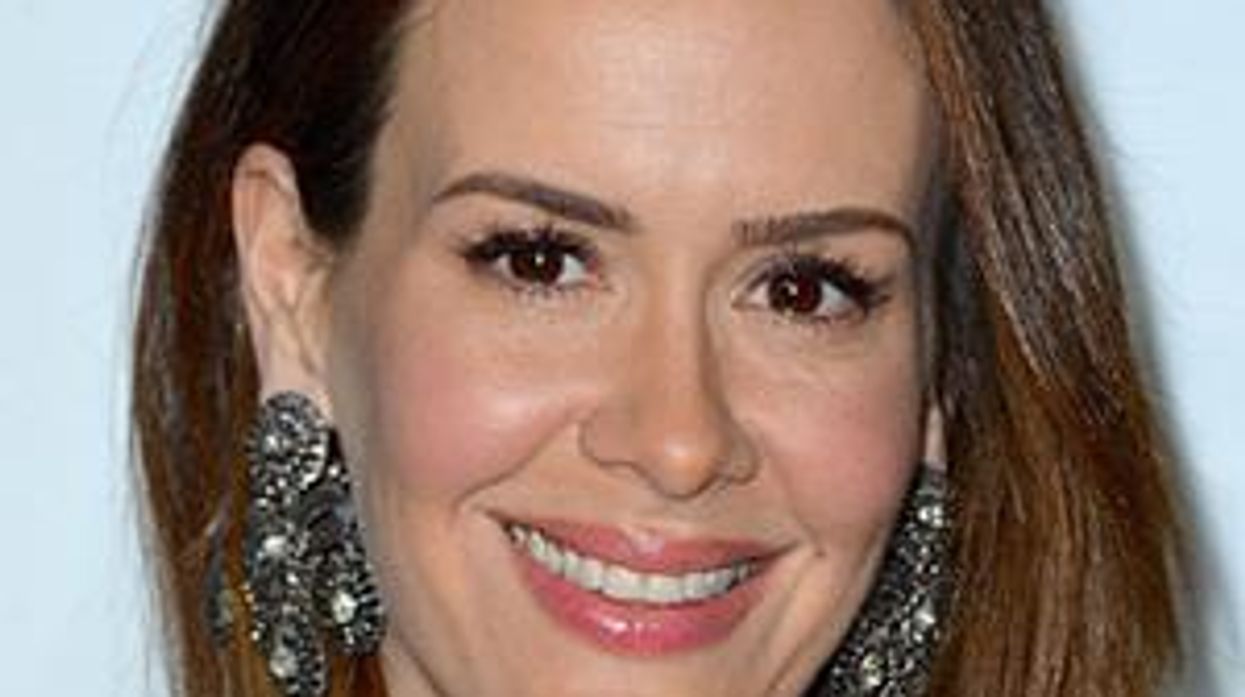

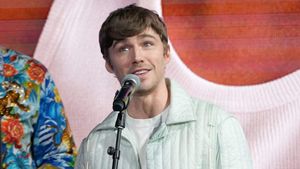



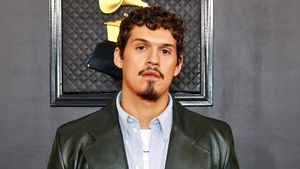


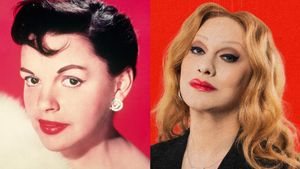



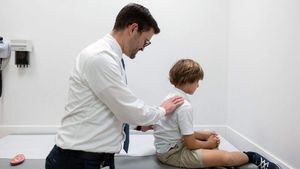
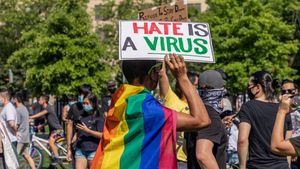
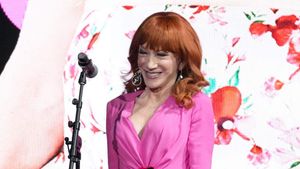
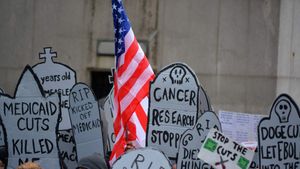

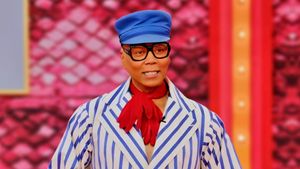








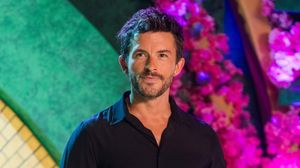


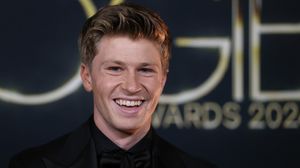




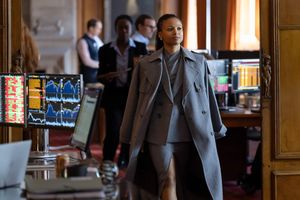
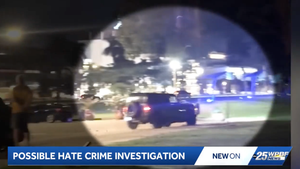
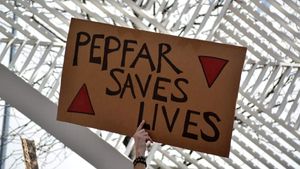



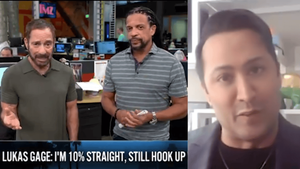

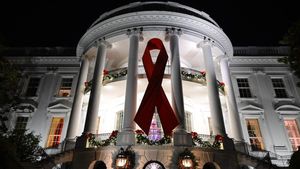
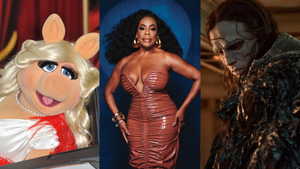

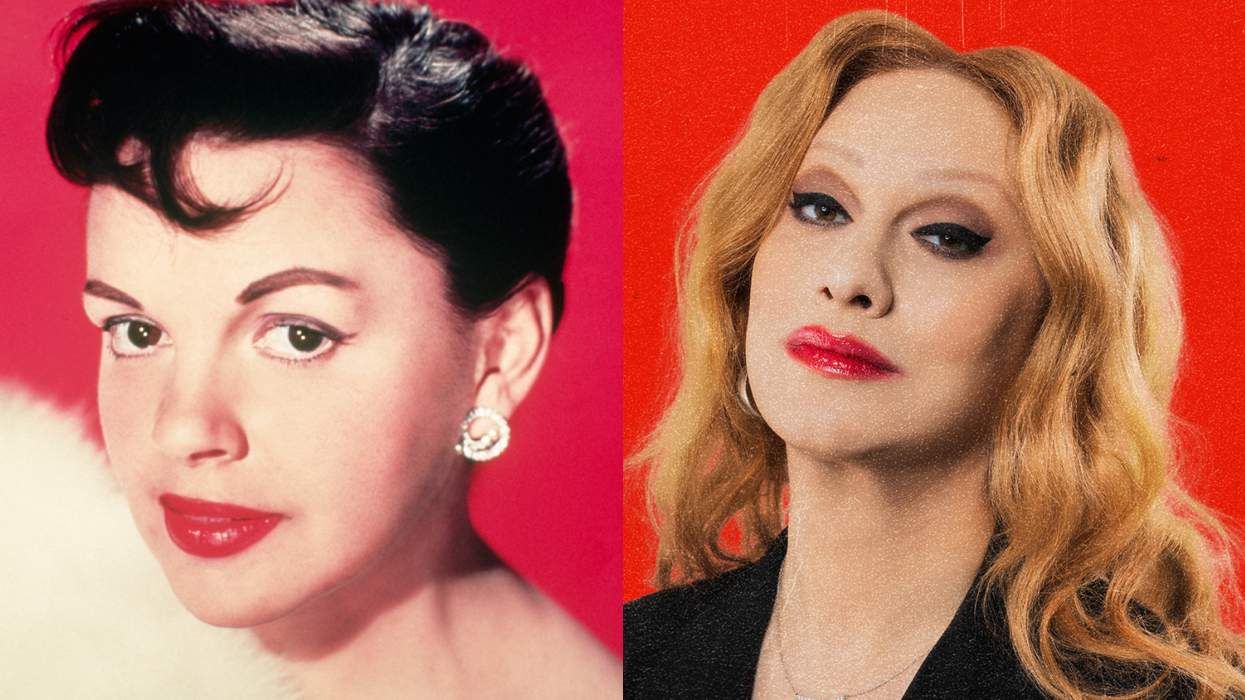

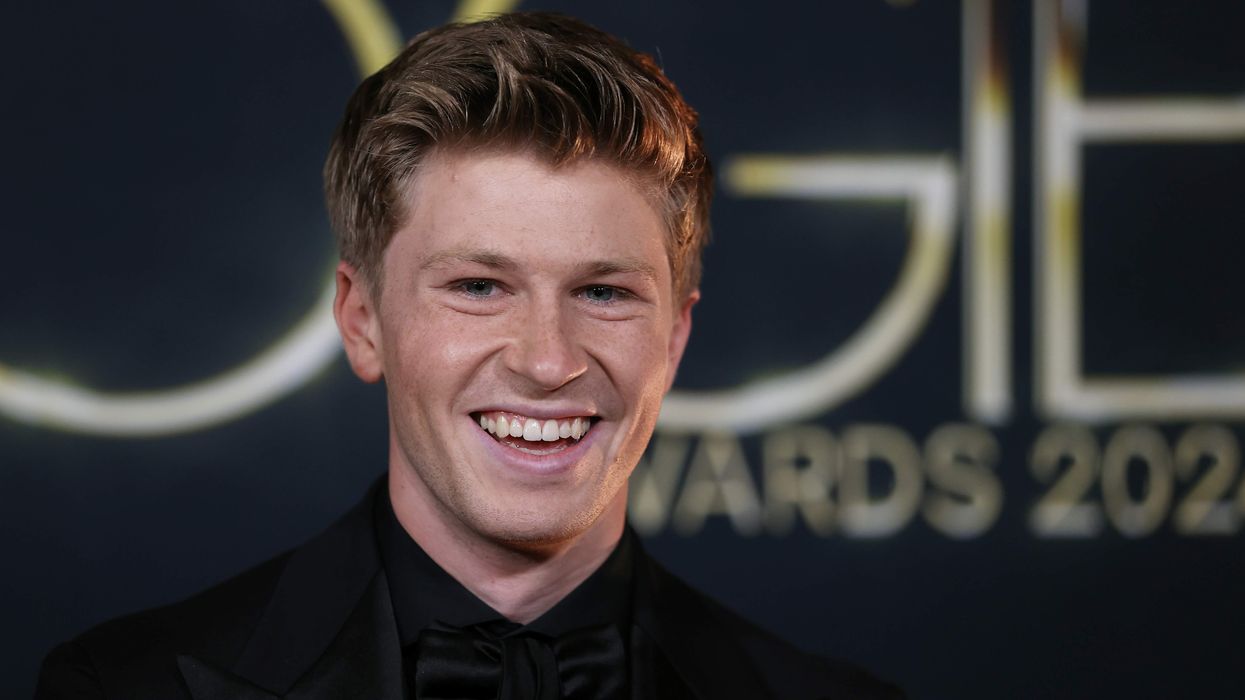
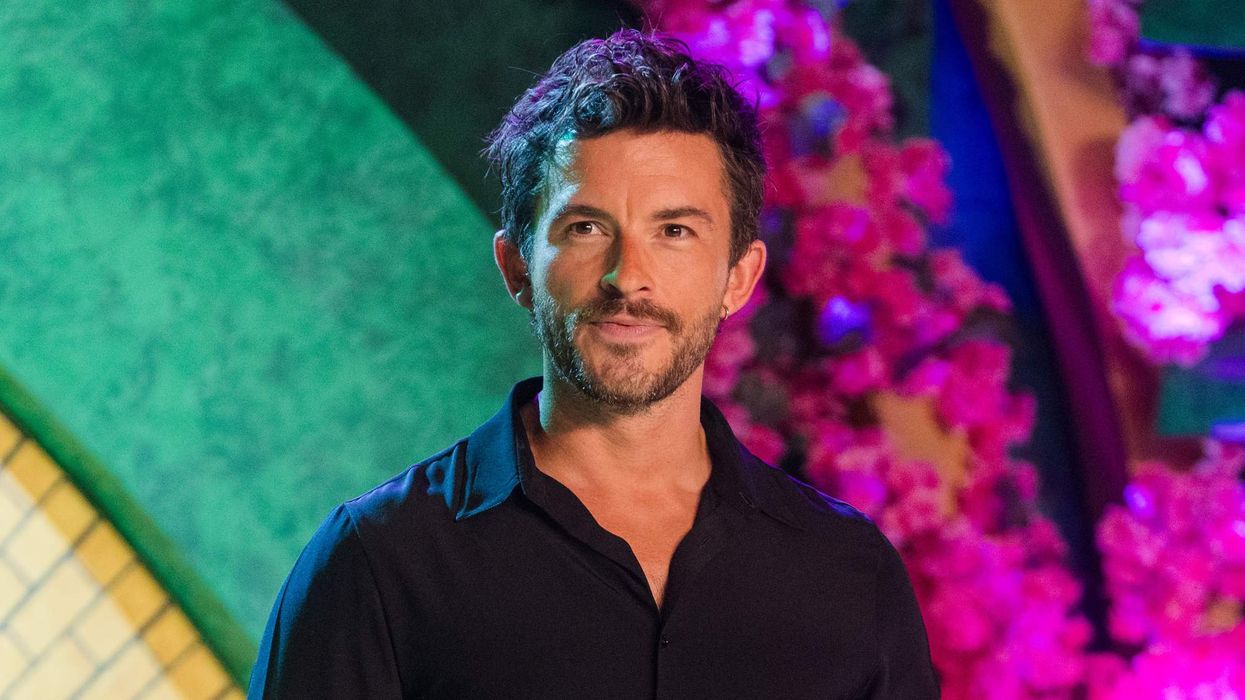






























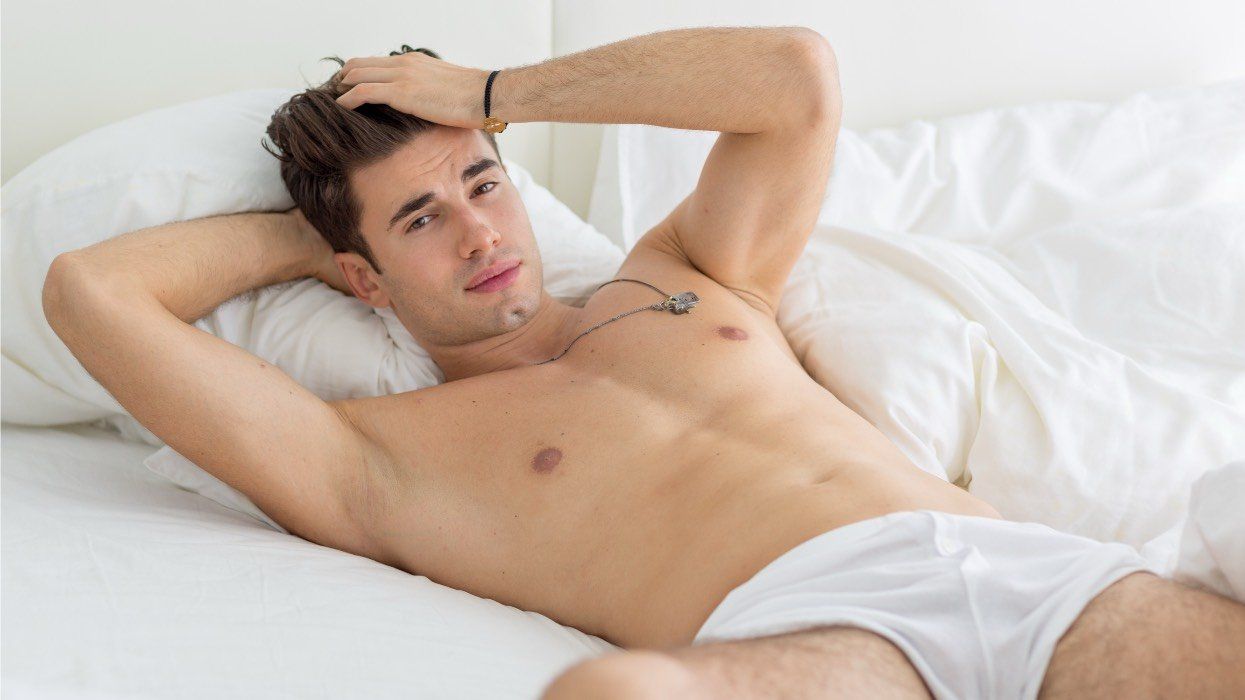
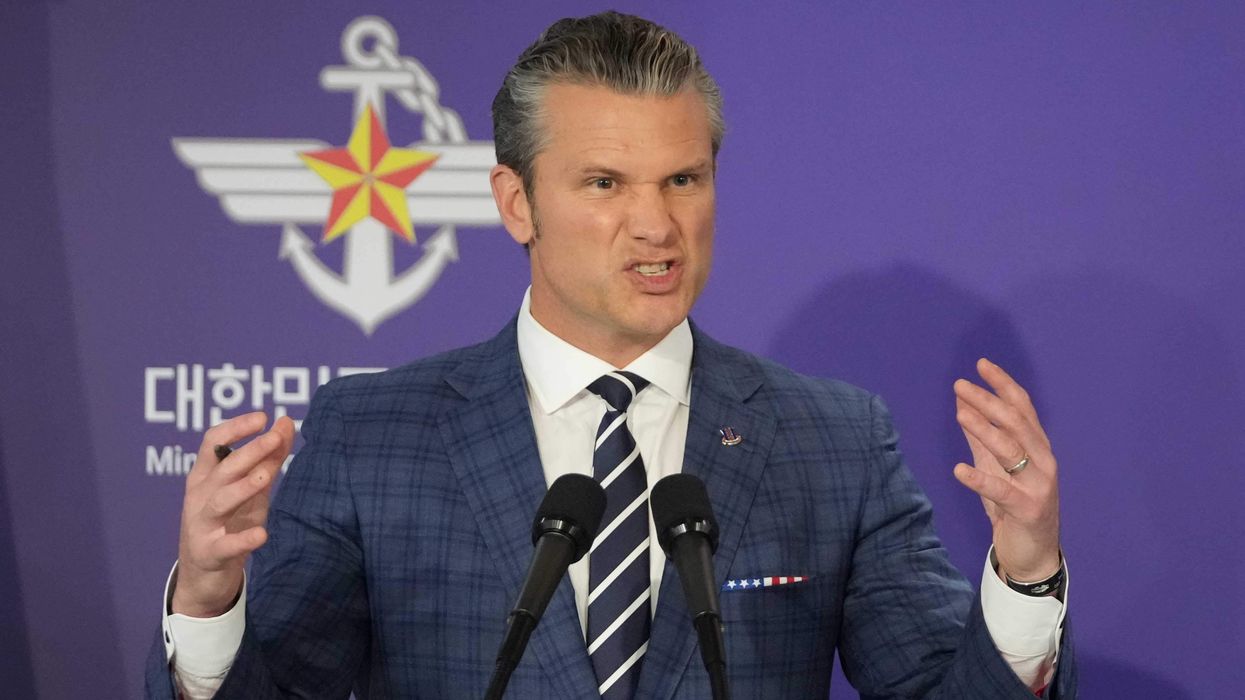
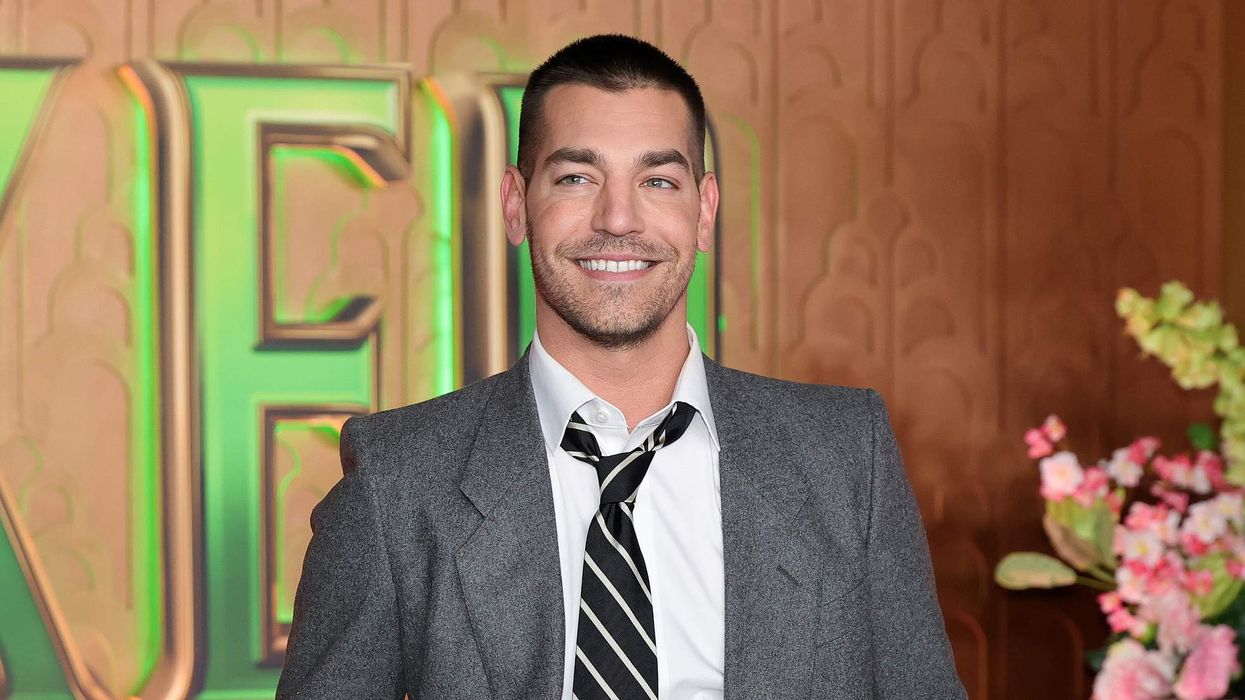
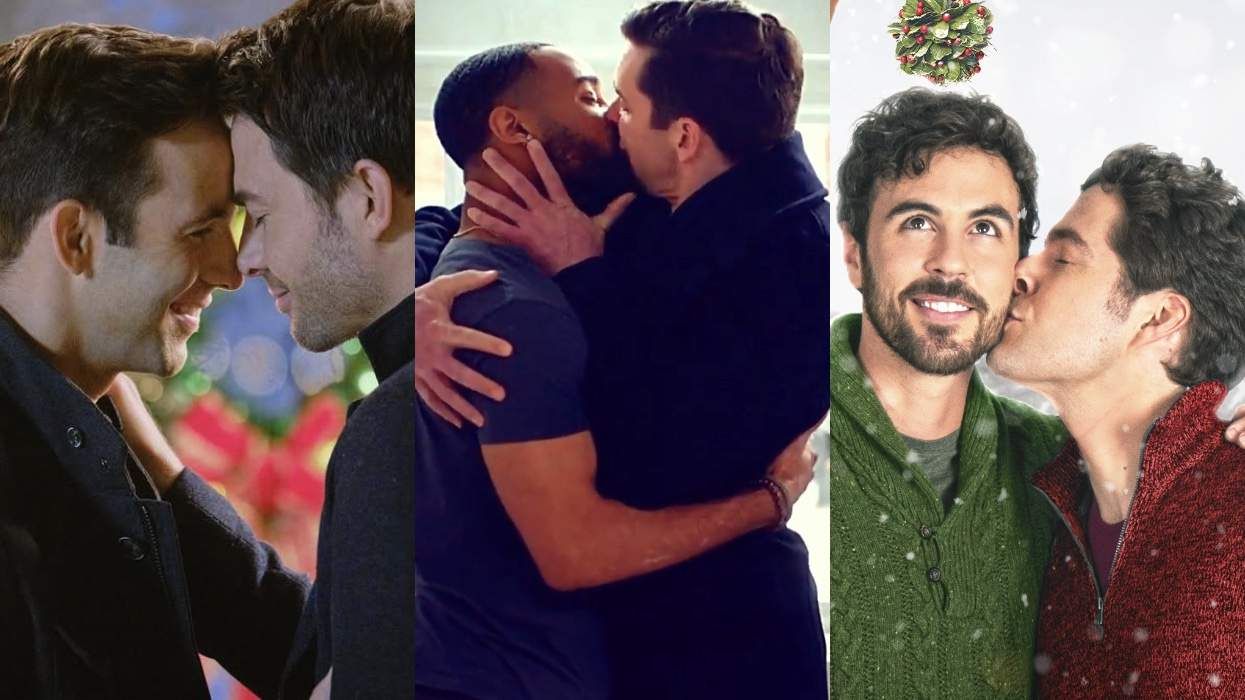
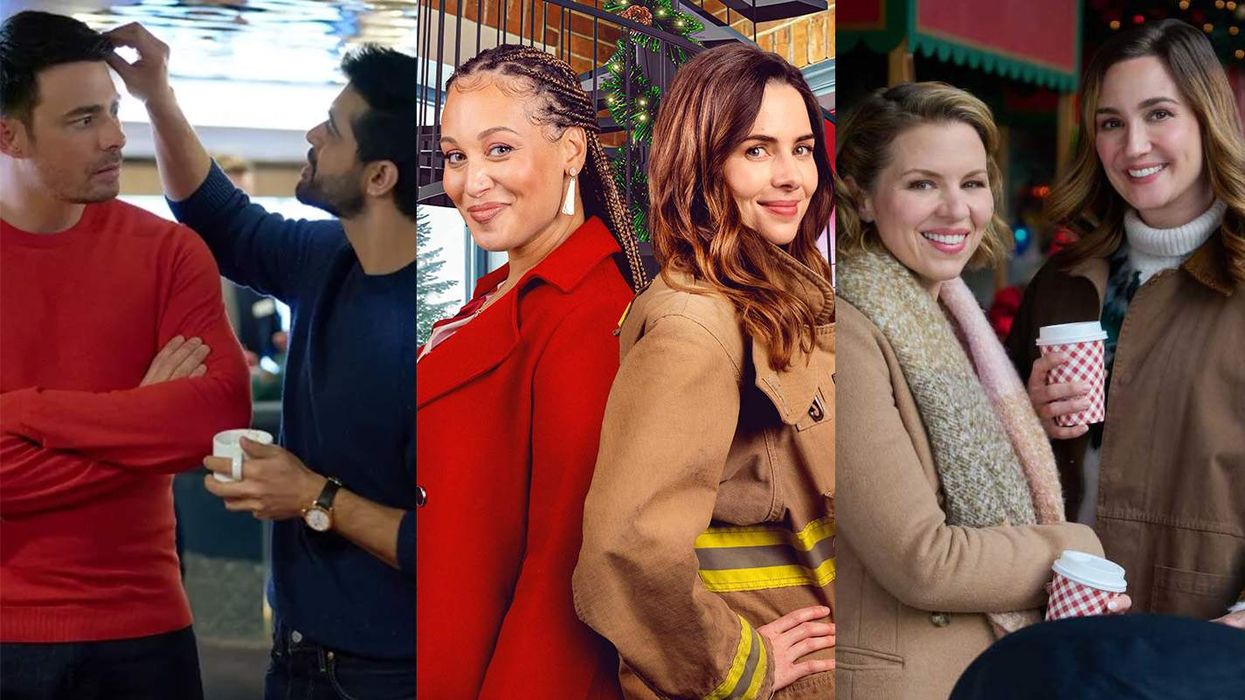
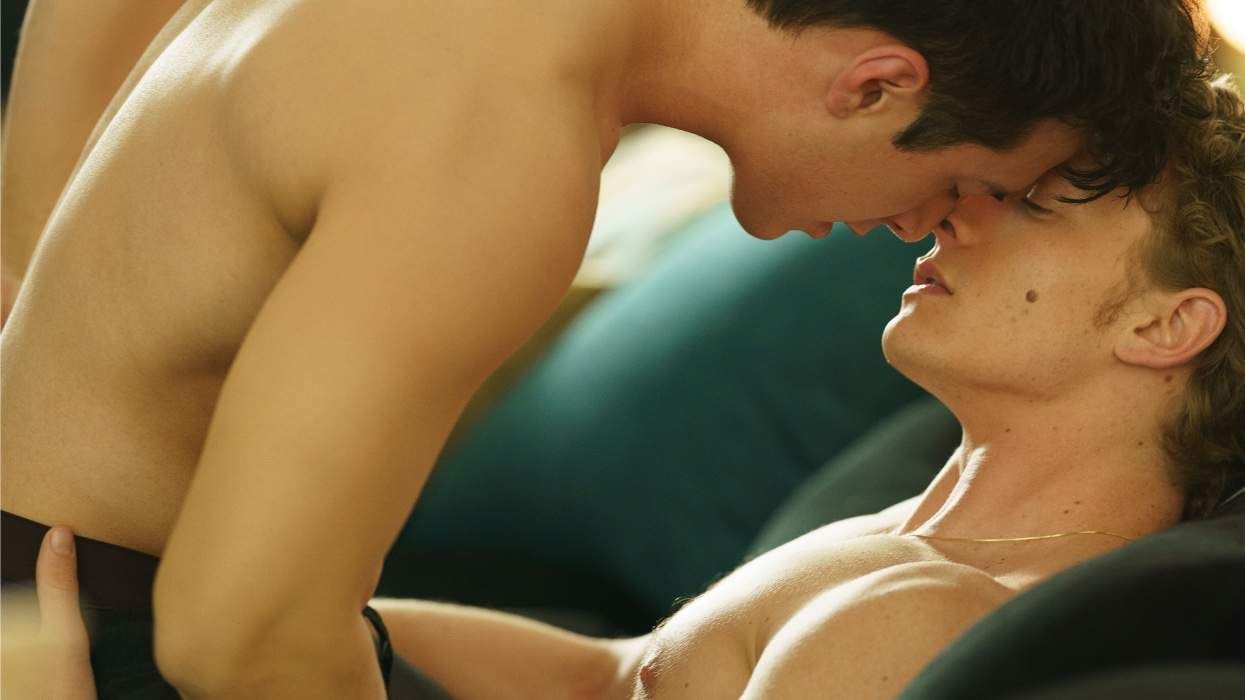

 Cindy Ord/Getty Images
Cindy Ord/Getty Images
























